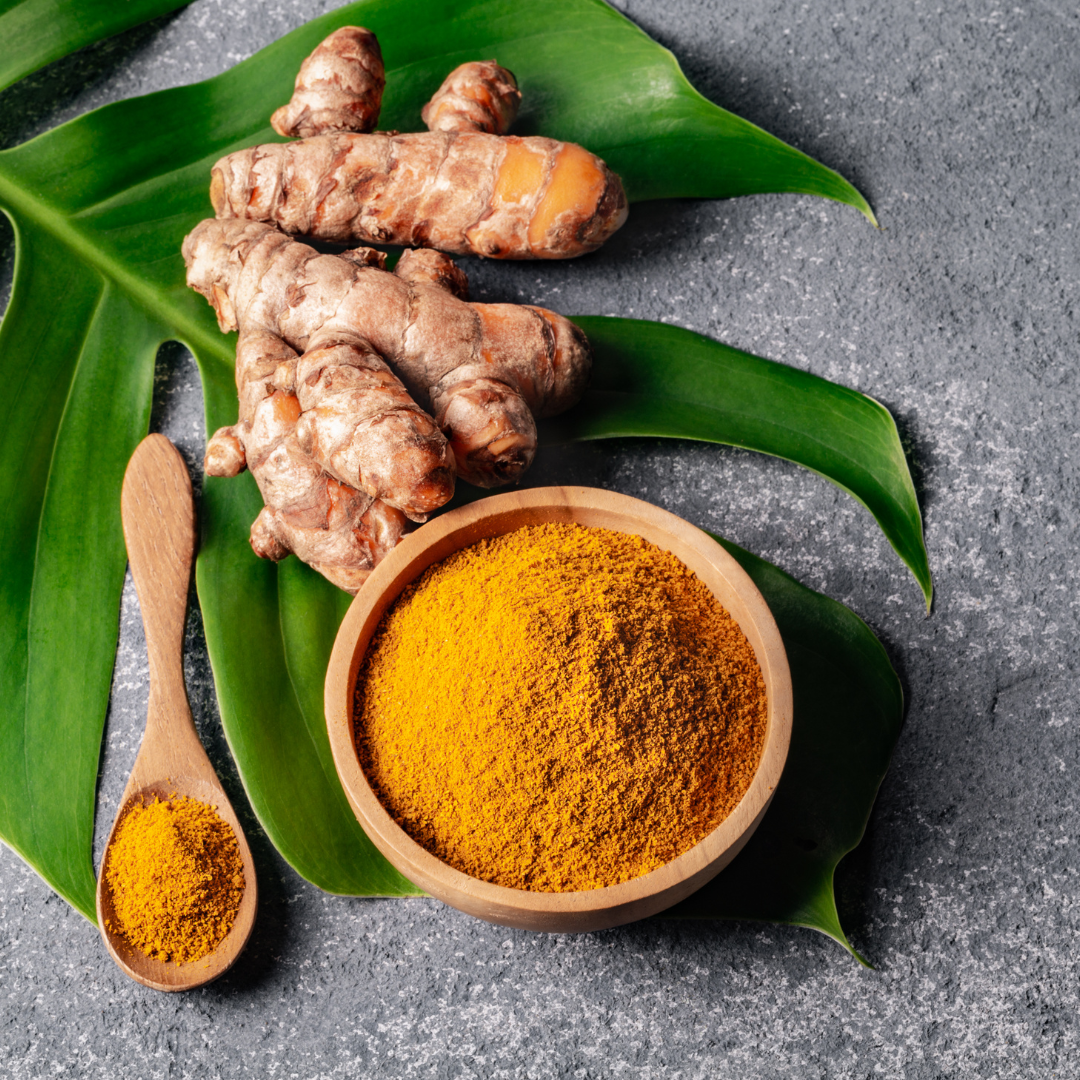Unlocking the Potential of Turmeric for Multiple Sclerosis: A Natural Approach to Managing MS
Multiple Sclerosis (MS) is a complex autoimmune condition that affects the central nervous system, causing a range of symptoms including fatigue, difficulty walking, numbness or weakness in limbs, and even cognitive impairment. While there's currently no cure for MS, researchers and patients alike are exploring various avenues for managing its symptoms and possibly slowing its progression. One such avenue gaining attention is the use of turmeric, a spice with a long history of medicinal use in traditional medicine systems like Ayurveda.
Turmeric, scientifically known as Curcuma longa, is a bright yellow spice commonly used in Indian cuisine. Its active compound, curcumin, has been extensively studied for its anti-inflammatory, antioxidant, and neuroprotective properties. These properties make turmeric an intriguing option for individuals living with MS, as inflammation and oxidative stress are key factors in the progression of the disease.
Anti-inflammatory Properties
Inflammation plays a significant role in the development and progression of MS. The immune system mistakenly attacks the protective covering of nerve fibers (myelin), leading to inflammation and damage within the central nervous system. Curcumin, the active compound in turmeric, has been shown to exhibit potent anti-inflammatory effects by inhibiting various inflammatory molecules and pathways in the body. By reducing inflammation, turmeric may help alleviate symptoms and slow the progression of MS.
Antioxidant Benefits
Oxidative stress, characterized by an imbalance between free radicals and antioxidants in the body, is another hallmark of MS. Free radicals, highly reactive molecules, can cause damage to cells and tissues, exacerbating the symptoms of MS. Curcumin acts as a powerful antioxidant, scavenging free radicals and neutralizing their harmful effects. By reducing oxidative stress, turmeric may protect nerve cells from damage and promote overall neurological health in individuals with MS.
Neuroprotective Effects
Beyond its anti-inflammatory and antioxidant properties, turmeric exhibits neuroprotective effects that may be particularly beneficial for individuals with MS. Studies have shown that curcumin can support the survival and function of nerve cells, enhance neuroplasticity (the brain's ability to adapt and reorganize), and promote the repair of damaged nerve fibers. These effects suggest that turmeric has the potential to not only manage symptoms but also facilitate recovery and improve quality of life for those living with MS.
Our MS-Turmeric is a great way to add this super spice to your diet. Buy online today.

